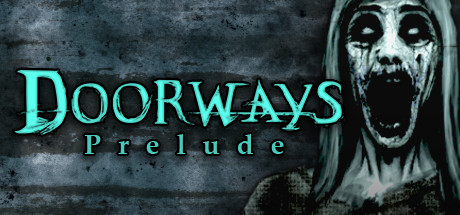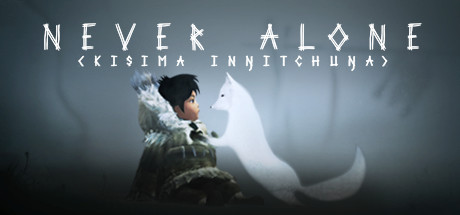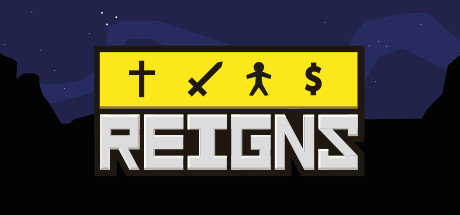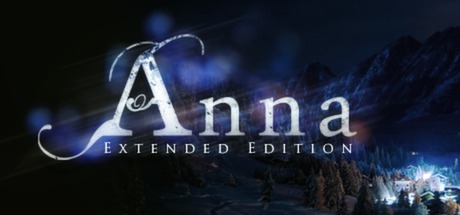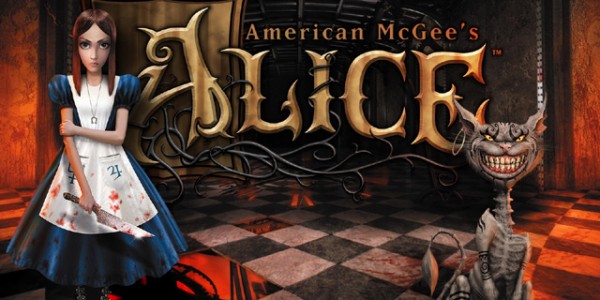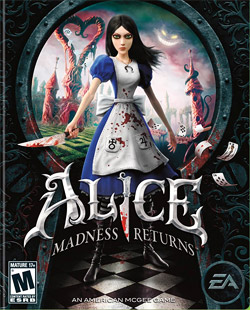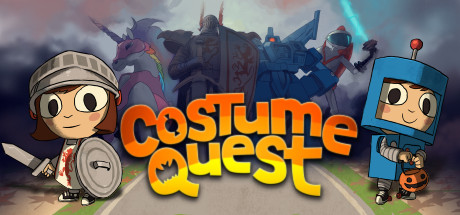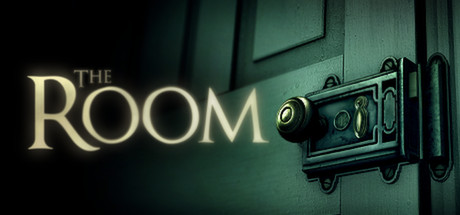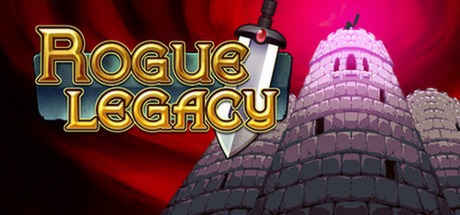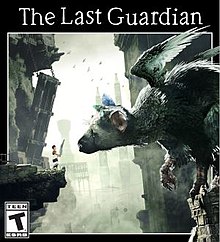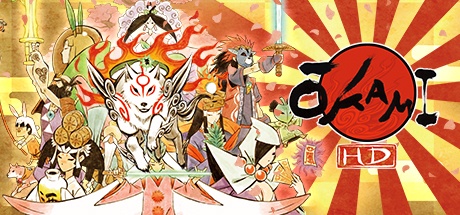synchronicity
Member
I'm not sure if this thread is considered too self-indulgent, but I know that I always enjoying reading other user's threads that cover their all-time favorite games - something I've been working on over the years as well. Anyway, this place doesn't move at the pace it used to, and I thought I'd provide a little content assuming it's not outside the scope of what's permitted.
If it's not allowed, feel free to lock obviously.
Anyway, I know we're well into 2018, but I have a habit of reviewing and ranking everything I play every year. It's a bit of an obsession of mine - a hobby within the hobby, if you will. I don't always go too in depth, but I thought some members may enjoy reading and, if interested, discussing their thoughts on the set of games I played in 2017. Assuming this thread is ok, I'll add 3 or so games everyday until I get to my top spot so that it's not too much at once.
Without further ado...
#39 Cheater's Blackjack 21 (PC)

I really love Blackjack. When venturing into a casino, it’s the only game to which I will dedicate any significant amount of time. And…I win (usually). I know the odds are stacked against you in all casino games, but I’m a lifetime winner of hundreds (austin powers gif) of dollars in 21. I know you can gain a slight edge in certain situations and with certain approaches. (single deck - very hard to find, effective card counting - which isn’t that hard, and not Rain Man-like at all, certain betting options on offer, and of course using solid basic strategy, etc.) Yet, I’ve never really been able to find any truly advantageous games in my journey inside gambling parlors, unsurprisingly of course. (I’ve heard single deck games used to exist, and may still off the beaten path.) But, still I win on most trips to the table.
Loving the casino game, I thought I’d try a cheap representation of the experience I found for under a dollar on a recent STEAM sale. Sadly it appears little to no effort went into the creation of this title. There is so much that could be done to spice up the experience, given the fact that the basic game is already created for you. But this digital version of the classic casino game is utterly devoid of personality or any presentational elements worthy of excitement. It actually somehow makes the basic game of blackjack worse by incorporating a “cheating” element to the equation, an element that is poorly thought out and not well-implemented, in the first place. I would have certainly been better off playing one of myriad free casino games than picking this up. When you pay less than a dollar for something and still feel ripped off, it’s not a good sign. A generous 2/5, and only because I can’t truly hate blackjack, but in the end, I still feel cheated.
#38 Rituals (PC)
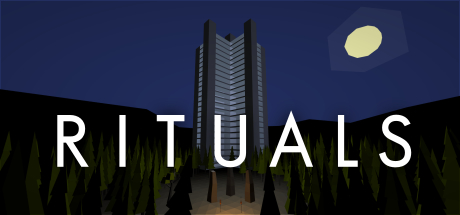
Rituals is a first person adventure/point and click/walking simulator of sorts. The basic gist of things thematically is a commentary on the harmful effects of post-industrial life on the planet and human life. The narrative didn’t have a great deal of detail, but I could certainly get behind the vibe. Humanity, for me, often feels at a type of crossroads in this day and age, at a juncture where we will either choose greed and further accelerate our own destruction or look to temper our innate self-interest/greed and try to establish harmony with the only home we’ve got. This core notion is certainly worthwhile and resonates with me, so I did appreciate the central theme.
However, outside of that general idea, I didn’t find Rituals to have much to offer. The control scheme was awkward, necessitating spinning around the camera and clicking on arrows and objects rather than allowing free (WASD/Stick) movement. The graphics were simplistic and blocky, and while that style can be appealing in the right hands, it didn’t impress here. And despite knowing how brief the experience was going in, I didn’t feel the need to complete things. It was a throw-in as a part of a Humble Bundle I bought at some point, and I only picked it up to satisfy my mild, and ultimately unwarranted, curiosity. Not really worth spending time on. 2/5.
#37 Guinness World Records: The Video Game (DS)

What's a 40-something year-old man playing this. Never you mind. The Nintendo DS was a machine that saw a LOT of software, and given its incredible popularity with people of various ages, including many children, it was always inevitable that it would see a fare share of quick and messy cash grabs. The concept of a game centered on the Guinness World Records property is a fine one. The possibility of having a collection of mini games with the carrot of trying to best your score as well as those of your friends and family, and presumably those online, is full of potential for some good times. And to be sure, there are quite a good number of games in which you are able to compete, games which are often conceptually quite entertaining. Unfortunately the execution, where the rubber meets the road, is of another caliber altogether unfortunately. The controls often feel inconsistent, slippery and imprecise, leading to frustration and disappointment. And while you certainly can compete with those locally for high scores, I'm not sure the same is true in regards to online functionality. Because either the user base was very, very tiny, or the records/servers no longer synched, or - and I'm leaning this way - I'm just awesome at EVERYTHING.
The Nintendo DS was a machine that saw a LOT of software, and given its incredible popularity with people of various ages, including many children, it was always inevitable that it would see a fare share of quick and messy cash grabs. The concept of a game centered on the Guinness World Records property is a fine one. The possibility of having a collection of mini games with the carrot of trying to best your score as well as those of your friends and family, and presumably those online, is full of potential for some good times. And to be sure, there are quite a good number of games in which you are able to compete, games which are often conceptually quite entertaining. Unfortunately the execution, where the rubber meets the road, is of another caliber altogether unfortunately. The controls often feel inconsistent, slippery and imprecise, leading to frustration and disappointment. And while you certainly can compete with those locally for high scores, I'm not sure the same is true in regards to online functionality. Because either the user base was very, very tiny, or the records/servers no longer synched, or - and I'm leaning this way - I'm just awesome at EVERYTHING.  In the final analysis, I'm left with a game that had potential and some good ideas, but finds itself hobnobbing with the glut of shovelware you will find on any system with a large user base. It's not the worst game I've ever played, but it's good friends with those guys. 2/5.
In the final analysis, I'm left with a game that had potential and some good ideas, but finds itself hobnobbing with the glut of shovelware you will find on any system with a large user base. It's not the worst game I've ever played, but it's good friends with those guys. 2/5.
If it's not allowed, feel free to lock obviously.
Anyway, I know we're well into 2018, but I have a habit of reviewing and ranking everything I play every year. It's a bit of an obsession of mine - a hobby within the hobby, if you will. I don't always go too in depth, but I thought some members may enjoy reading and, if interested, discussing their thoughts on the set of games I played in 2017. Assuming this thread is ok, I'll add 3 or so games everyday until I get to my top spot so that it's not too much at once.
Without further ado...
#39 Cheater's Blackjack 21 (PC)

I really love Blackjack. When venturing into a casino, it’s the only game to which I will dedicate any significant amount of time. And…I win (usually). I know the odds are stacked against you in all casino games, but I’m a lifetime winner of hundreds (austin powers gif) of dollars in 21. I know you can gain a slight edge in certain situations and with certain approaches. (single deck - very hard to find, effective card counting - which isn’t that hard, and not Rain Man-like at all, certain betting options on offer, and of course using solid basic strategy, etc.) Yet, I’ve never really been able to find any truly advantageous games in my journey inside gambling parlors, unsurprisingly of course. (I’ve heard single deck games used to exist, and may still off the beaten path.) But, still I win on most trips to the table.
Loving the casino game, I thought I’d try a cheap representation of the experience I found for under a dollar on a recent STEAM sale. Sadly it appears little to no effort went into the creation of this title. There is so much that could be done to spice up the experience, given the fact that the basic game is already created for you. But this digital version of the classic casino game is utterly devoid of personality or any presentational elements worthy of excitement. It actually somehow makes the basic game of blackjack worse by incorporating a “cheating” element to the equation, an element that is poorly thought out and not well-implemented, in the first place. I would have certainly been better off playing one of myriad free casino games than picking this up. When you pay less than a dollar for something and still feel ripped off, it’s not a good sign. A generous 2/5, and only because I can’t truly hate blackjack, but in the end, I still feel cheated.
#38 Rituals (PC)

Rituals is a first person adventure/point and click/walking simulator of sorts. The basic gist of things thematically is a commentary on the harmful effects of post-industrial life on the planet and human life. The narrative didn’t have a great deal of detail, but I could certainly get behind the vibe. Humanity, for me, often feels at a type of crossroads in this day and age, at a juncture where we will either choose greed and further accelerate our own destruction or look to temper our innate self-interest/greed and try to establish harmony with the only home we’ve got. This core notion is certainly worthwhile and resonates with me, so I did appreciate the central theme.
However, outside of that general idea, I didn’t find Rituals to have much to offer. The control scheme was awkward, necessitating spinning around the camera and clicking on arrows and objects rather than allowing free (WASD/Stick) movement. The graphics were simplistic and blocky, and while that style can be appealing in the right hands, it didn’t impress here. And despite knowing how brief the experience was going in, I didn’t feel the need to complete things. It was a throw-in as a part of a Humble Bundle I bought at some point, and I only picked it up to satisfy my mild, and ultimately unwarranted, curiosity. Not really worth spending time on. 2/5.
#37 Guinness World Records: The Video Game (DS)

What's a 40-something year-old man playing this. Never you mind.


